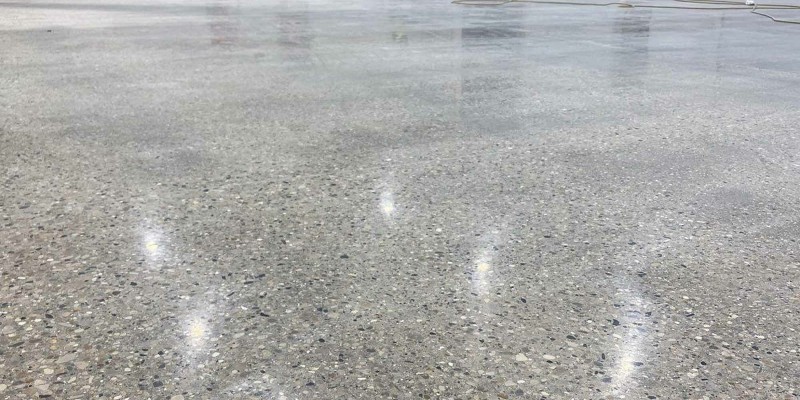Stone polishing is a popular method used enhance the appearance of natural stone surfaces. It involves grinding and buffing the stone with diamond grinding tools such as diamond cup wheels and flexible polishing pads to bring out its natural beauty and shine. After the polishing process, many homeowners and professionals consider using sealers to protect their newly polished stone surfaces. While sealers offer certain benefits, they also come with drawbacks.
One of the primary advantages of using sealers after stone polishing is that they provide an additional layer of protection to the stone surface. Sealers create a barrier that prevents stains and spills from penetrating the stone, making it easier to clean and maintain. This can be especially beneficial for high-traffic areas of areas prone to moisture, such as kitchens and bathrooms. Sealers also help to enhance the longevity of the stone by reducing the risk of damage from everyday wear and tear.
Furthermore, sealers can enhance the aesthetic appeal of the stone by deepening its color and giving it a glossy finish. They can bring out the natural patterns and characteristics of the stone, giving it a more vibrant and polished look. This can greatly enhance the overall visual appeal of the space and add value the property.

While sealers offer many advantages, there are also some drawbacks to consider. One of the main concerns is that some sealers can alter the appearance of the stone. Certain sealers may darken or change the color of the stone, which can be undesirable if you want to maintain the original look of the stone. It’s important to teat the sealer on a small, inconspicuous area before applying it to the entire surface to ensure compatibility.
Another disadvantage is that sealers require maintenance and reapplication. Over time, the sealer can wear off, especially in high-traffic areas, and may need to be reapplied periodically. This can add to the overall cost and maintenance requirements of the stone surface.
To mitigate the potential disadvantages of sealers, it’s crucial to select the right sealer for your specific stone type and desired outcome. Different types of stone, such as granite,marble, or travertine, require different types of sealers. It’s essential to consult with professionals or research thoroughly to determine the most suitable sealer for your stone to achieve the desired results.